In a word, no.
But I’m still plugging away at it.
UNDERSTATEMENT: I never expected it would take so long to prepare the manuscripts for publication. For two small examples, I have undone superscripts and turned off curly quotes. If you’re not a writer, don’t worry about them.
Even had I known what lay ahead, I still would have written the books… but fewer of them. The number of novels vastly compounded the volume of tasks. (Why so many? I have always adored big juicy novels and series that allow the reader to really get to know the characters.)
In spite of appearances, I did not dash off seven novels before editing. I edited as I wrote. I read and reread every novel, beginning to end, at least twenty-five times. Seriously. I read each novel aloud at least once, wanting to get the cadence of the words and phrases right. I made literally thousands of changes and dozens of corrections with each reading.
Once I “finished” the writing, I launched into a complex series of technical edits such as spacing, capitalizing, centering, justifying and so forth. While I’m not a sloppy writer, I constantly corrected minor inconsistencies.
I referred to The Chicago Manual of Style for stylistic changes. However, I elected not to apply a few of them because some of the points seemed outdated and a poor fit for digital publications. Keeping it simple sometimes trumped stylistic perfection.
I double-checked numbers, numerical items and temperatures. That sounds simple. It’s not.
And so forth and so on… ad nauseum. You get the idea. I applied more than 150 such edits.
And then I did it all again… six more times.
Assuming my novels ever get published, I will probably have to make further changes to meet the publisher’s unique stylistic standards as well as a professional editor’s recommendations.
A highly-experienced novelist probably determines a higher degree of stylistic and technical standards before she ever sits down to write. Such might have saved me years of editing, but many edits and stylistic questions did not reveal themselves until I was well into the writing.
I spent a lot of time on website design… thinking, reading, perusing other websites, writing and communicating with the website designer.
By spring 2022, I finally felt the novels were ready for copyright, another involved process requiring research and technical reading.
When copyright was done, I finally began querying agents, asking them to represent me. Literary agencies specify submission requirements on their websites… if they even take submissions. So far, it seems that each agency requires different contents for queries. For example, one requests the first five chapters along with a summary of the book while another wants only the first chapter. Most want query letters but specify different items to be included. I haven’t found any so far that seem prepared to consider a series of books… rather one book only, so I made sure that each novel could stand alone.
Some literary agencies utilize interactive questionnaires on their websites. Partial manuscripts have to be uploaded. Other agencies ask that queries be submitted via e-mail. A few agencies still want hard copy sent via U.S. Mail. Electronic query sometimes unexpectedly results in altered formatting. So far, perfection in appearance seems to be elusive at best.
I read recently where one author queried more than 30 agents in one day. I’m not sure how he did it and still met what was probably a wide variety of submission requirements.
I also read that it’s not uncommon for a new author to query 200 or more agents before getting a nibble. A well-known author claims to have submitted 700 queries before getting an agent. No, that’s not a typo… 700!
On top of everything else, I reluctantly replaced my laptop. The POWER button became unreliable, and the only fix seemed to involve prying the outer button off and depressing the inner button with a screwdriver to start the computer. I couldn’t risk ruining my computer or electrocution, so I shelved querying and bought a new laptop with WINDOWS 11… more changes to get used to. I encountered and overcame a series of glitches. For example, when I tried to create a PDF file yesterday, a Chrome HTML file was instead created. I then realized that all my previously created PDF files were now HTML files. Internet research provided what appeared to my non-technical mind to be contradictory solutions. I unexpectedly resolved the problem by simply downloading a PDF App. Who knew?
As you may have guessed, I have made numerous missteps over the past months. I have done a lot of backtracking. Way too many times, I have excitedly crossed an item off my TO DO LIST only to add it back on when some other action I took messed up the original fix. You know the drill… two steps forward, one step back… on a good day.
I formed a limited liability company to manage the book series in an effort to preserve assets. (See… unbounded optimism that I will be published. Even my attorney tried to dissuade me, figuring that the expense and effort would be wasted!) My novels interweave fiction with actual historical events much like Forrest Gump, and while I always took special care to ensure no actual person or entity was defamed or unfairly or inaccurately presented, I carefully annotated descriptions and detailed disclaimers in an abundance of caution.
Right now I’m feeling confident that I’m almost ready to resume querying. But I’ve been here before… and I’ve been wrong before.
And then there’s marketing. I spend a lot of time learning how other writers handle it. None of the widely used methods seems to generate the sales volume that most published writers would like to have. Too often writing seems to be a thankless profession. Few writers get rich. Few quit their day jobs. Almost none get published unless they do it themselves. A less determined writer could easily give up and blow it off, particularly one who wants to enjoy a meaningful life outside writing.
And of course, new computer, office supplies, travel expenses, legal counsel, tax and accounting advice, state license fees, big fat reference books, professional organization dues and copyright fees are expensive. It’s likely I will never recover these expenses.
But I still believe that my books are worthwhile and entertaining reads… in my mind, a much-needed commodity in this day and age of super stressors and plagues of uncertainty. So I’m still plugging away.
My primary goal has always been and still is to give back… to entertain others when they need to get out of their own heads… just as other authors and their books have done for me.
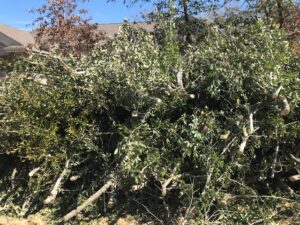

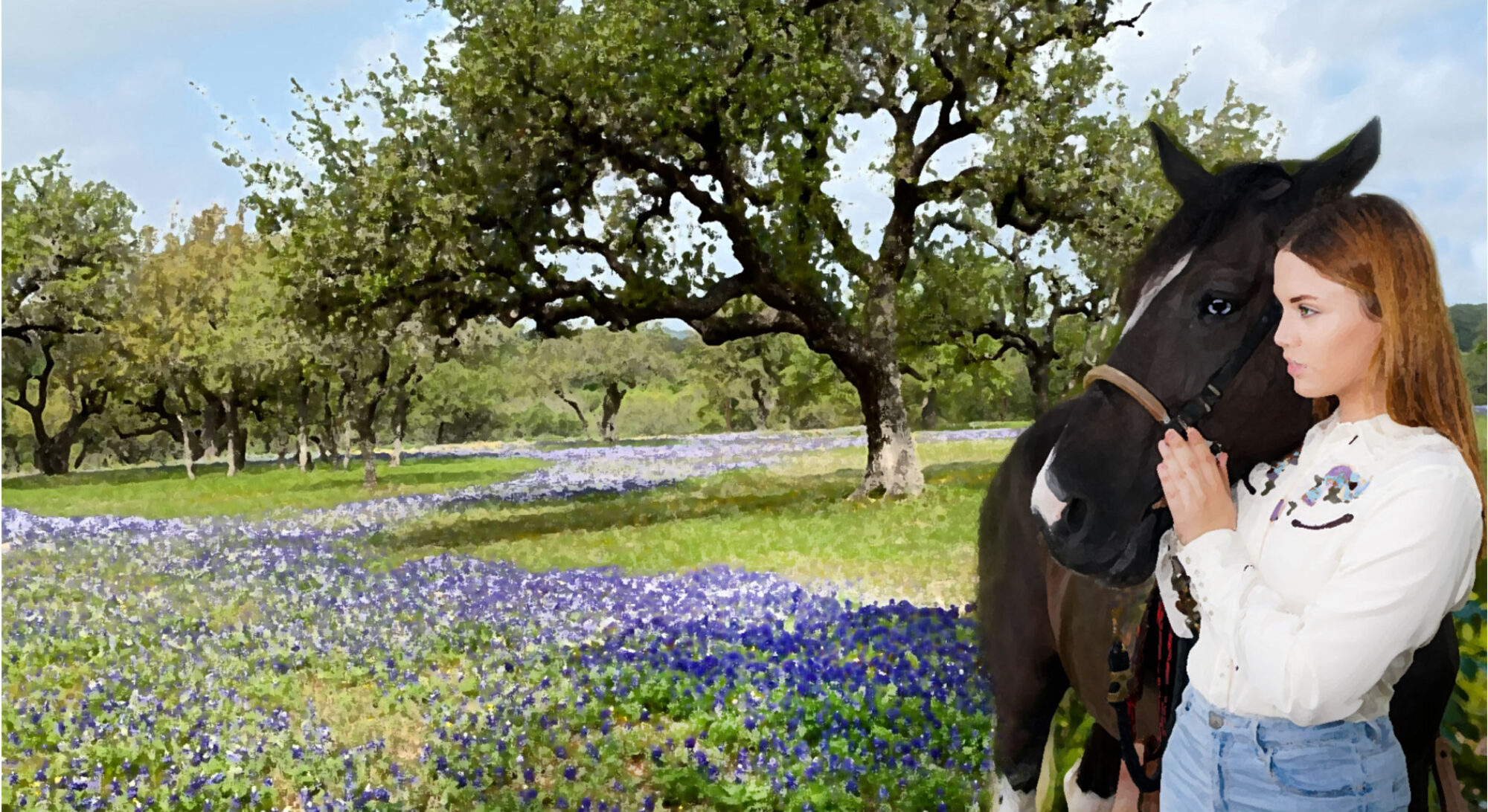
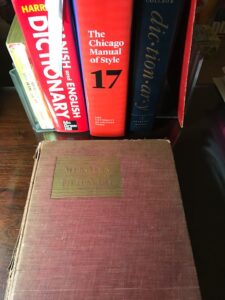
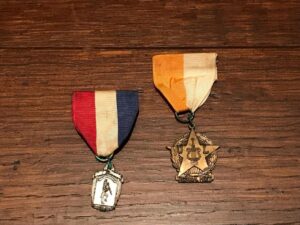
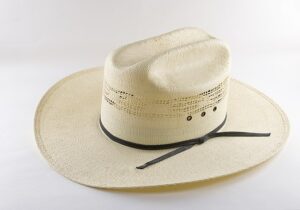 Early in my consulting career, I did a few days work in East Texas each month. Every time I worked there, I seemed to come across something wonderful or something awful… nothing dangerous or horrible, just something uplifting or pitifully awful.
Early in my consulting career, I did a few days work in East Texas each month. Every time I worked there, I seemed to come across something wonderful or something awful… nothing dangerous or horrible, just something uplifting or pitifully awful.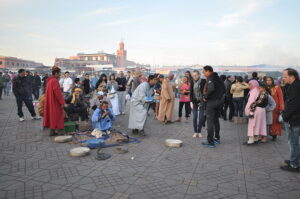 A few years ago, Chocoholic and I took a trip to Spain, Portugal and Morocco. It was a wonderful trip, and we came away from it with the added bonus of delightful new friends.
A few years ago, Chocoholic and I took a trip to Spain, Portugal and Morocco. It was a wonderful trip, and we came away from it with the added bonus of delightful new friends.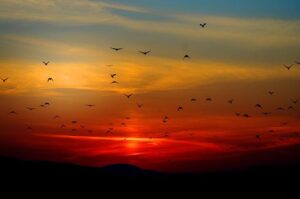

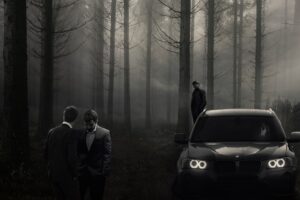 I once worked for the mob.
I once worked for the mob.